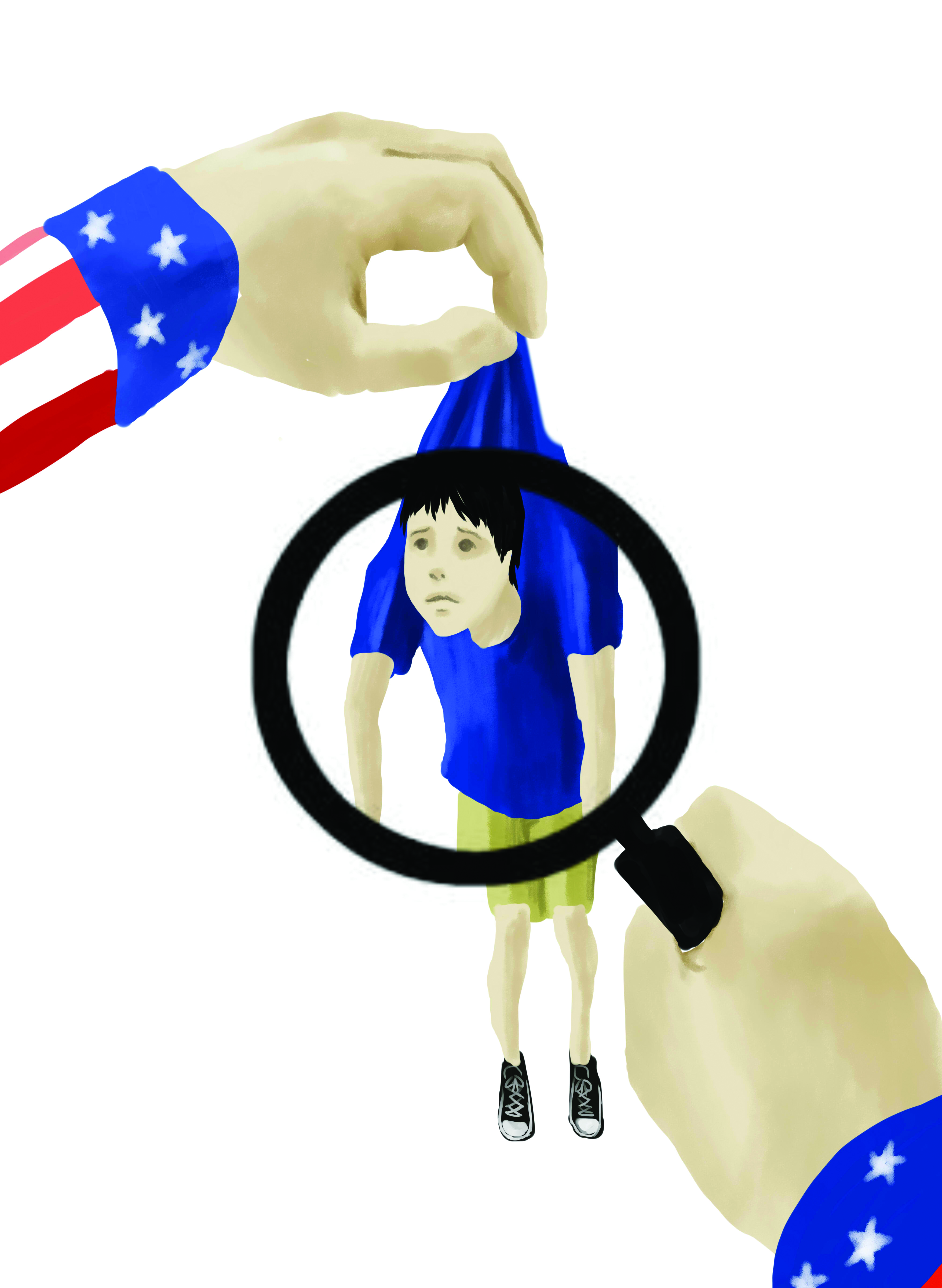Zoey Freedman: Focus of new visa policy is misplaced

By Daily Bruin Staff
June 6, 2013 12:51 a.m.
Azamat Tazhayakov, who returned to the United States from Kazakhstan on an expired student visa, was charged with destroying evidence related to the Boston Marathon bombings in late April.
In the aftermath of the bombings, U.S. Customs and Border Protection agents were granted extended access to the Student and Exchange Visitor Information System, which contains student visa and other personal information. Under the new system, agents from customs will be able to pull up a student’s information before they arrive in the U.S.
In a similar development, the Senate is currently debating a major immigration bill that would mandate greater information sharing among federal agencies, and withhold all new student visas until such a policy is enacted. Proposed measures include an automatic notification to customs of the expiration of a student’s visa.
Ostensibly, the policy merely fixes a gap in information-sharing among different sectors of the federal government. However, the policy’s focus on international students is misplaced.
With expanded access to student visa records by federal agents, students are being examined for their potential to do wrong or commit heinous acts rather than their more probable potential – making progress in scientific research or bringing valuable academic contributions to college campuses across the country.
Though the impact of the pending changes is unclear, the cumulative effect of such policy proposals is to create a less welcoming environment for international students.
“I feel very uncomfortable that our privacy is being destroyed, because we’re students, not terrorists,” said Gülnaz Kiper, a first-year cognitive science student from Turkey.
According to a November 2012 report from the nonprofit Institute of International Education, there are about 764,495 international college students in the United States. Tazhayakov was just one of these. The majority of international students, then, are receiving undeserved attention because of the actions of a single person. Tazhayakov is the exception rather than the rule.
These changes in access to information, along with any subsequent legislation, may cause students to feel alienated in the eyes of the American government or fellow American students.
The feeling that one is a permanent outsider is the bigger, unaddressed issue that comes from the changes in which parties can access the Student and Exchange Visitor Information System.
Moreover, a May press release from the National Association of Foreign Student Advisors, an advocacy group for international higher education, argued that the Senate legislation strays from a long history of the U.S. welcoming bright students from around the globe.
Kiper said that though she feels fairly welcome in the country, she feels unsafe with the fact that the government is invading international students’ privacy more than before.
Implementing stricter visa regulations has the potential to discourage international students hoping to study in the U.S. These students make up a large portion of young scholars contributing to new innovations and academic progress.
Closely monitoring international students’ personal information is an impulsive and simplistic answer to a much larger issue. The process of bettering national security should consist of a more in-depth investigation of the larger issues at hand.

